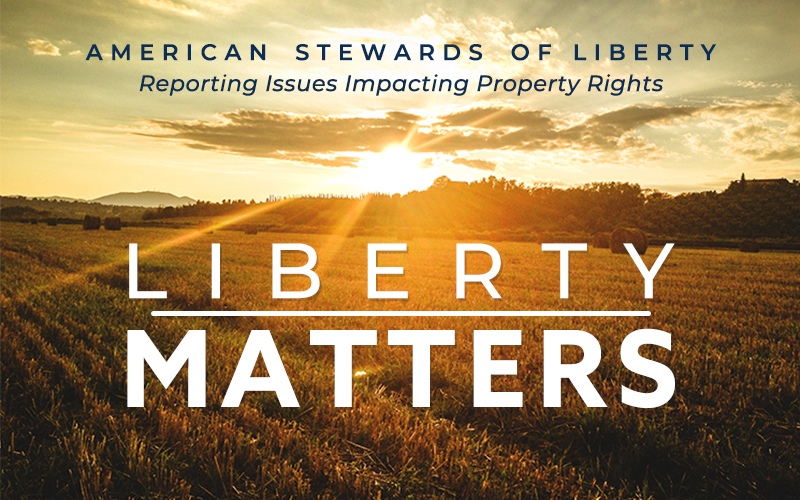The Center for Biological Diversity (CBD) has sued Homeland Secretary Kristi Noem for waiving several environmental laws, including the Endangered Species Act and the National Environmental Policy Act to fulfill President Trump’s promise to finish building the border wall.
The waivers include multiple projects that span 36 miles in Arizona starting at the El Paso, Texas sector to the Yuma and Tucson sectors, a stretch that is extremely important in stopping the illegal invasion into our country.
The CBD claims this is a crucial corridor for migrating wildlife stating it’s “…the last, best pathway for jaguars and ocelots to move from their breeding grounds in Mexico into the sky island mountains of Arizona…”
This lawsuit perfectly illustrates the dichotomy between environmentalists and the precious environmental laws they use to destroy landowner’s rights and bludgeon farmers and ranchers. Landowners are more than happy to protect our nation’s sovereignty and their private property rights by stopping illegal aliens from crossing the border.
John Ladd, a fourth-generation rancher whose land is on the border in Cochise County, AZ, said “…that was good news. We don’t have to fight through that environmental issue again and get it done!”
The Secretary issued the waivers created by an anti-terrorism law called the “Illegal Immigration Reform and Immigrant Responsibility Act of 1996.” (IIRIRA), invoking Section 102 of the Act.
In Section 102(a) of IIRIRA, Congress provided that the Secretary of Homeland Security “shall take such actions as may be necessary to install additional physical barriers and roads in the vicinity of the United States border to deter illegal crossings in areas of high illegal entry into the United States.” In section 102(b) of IIRIRA, Congress mandated the “installation of additional fencing, barriers, roads, lighting, cameras, and sensors on the southwest border.” And finally, in section 102(c) of IIRIRA, Congress granted to the Secretary of Homeland Security authority to waive all legal requirements, at their sole discretion, to ensure the expeditious construction of barriers and roads authorized by section 102 of IIRIRA.
Last year the Supreme Court limited the power of administrative agencies with its decision overturning the Chevron doctrine in the Loper Bright Enterprises v. Raimondo case. This CBD case hinges its whole argument on another theory known as the nondelegation doctrine – the principle that Congress cannot delegate its lawmaking powers to federal agencies, another branch of government.
This will make for a very interesting decision if and when this case comes before the Supreme Court because in another recent Supreme Court ruling on “nondelegation,” the liberal Justice Elena Kagan who wrote the majority opinion (6-3) held, that “Congress sufficiently guided and constrained the discretion that it lodged with” another federal institution (federal agency)”… and by doing so, Kagan said the federal law in that particular case did not “violate the Constitution.
In other words, the liberal side of the Court ruled in favor of exactly the same issue being sought by Secretary Noem that the IIRIRA “sufficiently guides and constrains the discretion” of Homeland Security, a federal agency, does not violate the Constitution, and allows Noem the authority to waive environmental laws to build the border wall.
CBD vows “… we will certainly be fighting every step of the way.” You can be assured that Christi Noem and the administration will be doing the very same thing – and probably win.





